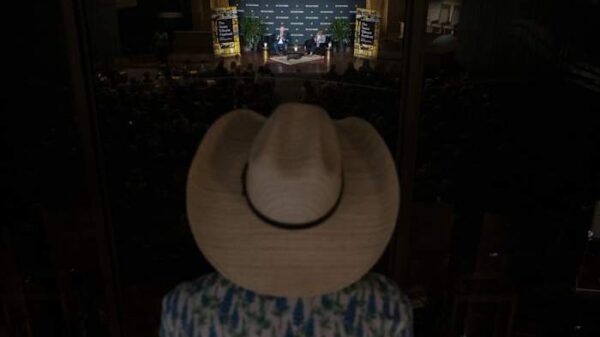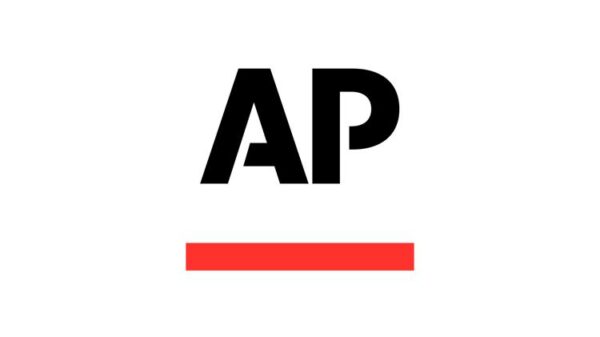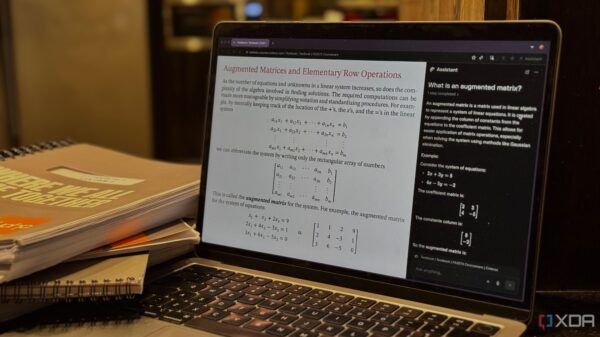UPDATE: Texas Tech University System Chancellor Tedd L. Mitchell has just announced a controversial directive mandating that faculty recognize only two sexes—male and female—in all educational settings. This urgent order emphasizes that compliance is non-negotiable for all staff members, regardless of personal beliefs.
The directive, issued on Thursday, aligns with Texas House Bill 229 and recent executive orders from President Donald Trump and Texas Governor Greg Abbott. Mitchell’s memo underscores the university’s commitment to adhering to state and federal law, labeling this compliance a “fundamental” duty in serving public trust.
This announcement is set against a backdrop of escalating debates over gender identity in educational institutions across the nation. Mitchell reminded faculty that while they retain First Amendment rights in their personal lives, they must strictly observe legal guidelines while teaching.
Mitchell stated, “Compliance with the law is required, and I trust in your professionalism to carry out these responsibilities in a manner that reflects well on our universities.” He asserted that faculty must review course materials, syllabi, and curricula to ensure they meet the new standards.
In a letter dated January 30, Governor Abbott instructed state agency heads to adhere to existing laws that reject “radical sexual orientation and gender identity ideologies.” This directive has intensified scrutiny on educational institutions regarding how they address gender topics.
While the memo does not cite specific incidents, it acknowledges “recent developments” at universities statewide that have highlighted the need for clarity on compliance obligations. Faculty members are encouraged to direct any questions to their deans and provosts.
Critics, including the Foundation for Individual Rights and Expression (FIRE), have raised alarms over similar policies at other Texas institutions, such as Angelo State University, where faculty are barred from discussing transgender topics or acknowledging more than two genders. FIRE has formally opposed these restrictions, arguing they infringe upon First Amendment rights.
The implications of Mitchell’s directive may extend beyond Texas Tech, as accrediting bodies like the American Psychological Association (APA) are already engaging with educational programs to ensure legal compliance while balancing educational commitments.
As this situation develops, stakeholders are keenly monitoring how Texas Tech and other universities will adapt their curricula and instructional materials to align with these new mandates. Faculty and students alike are left questioning the long-term impact of this policy on academic freedom and the educational environment.
Stay tuned for further updates as this story unfolds, and how it may influence educational policies across the United States.






































































